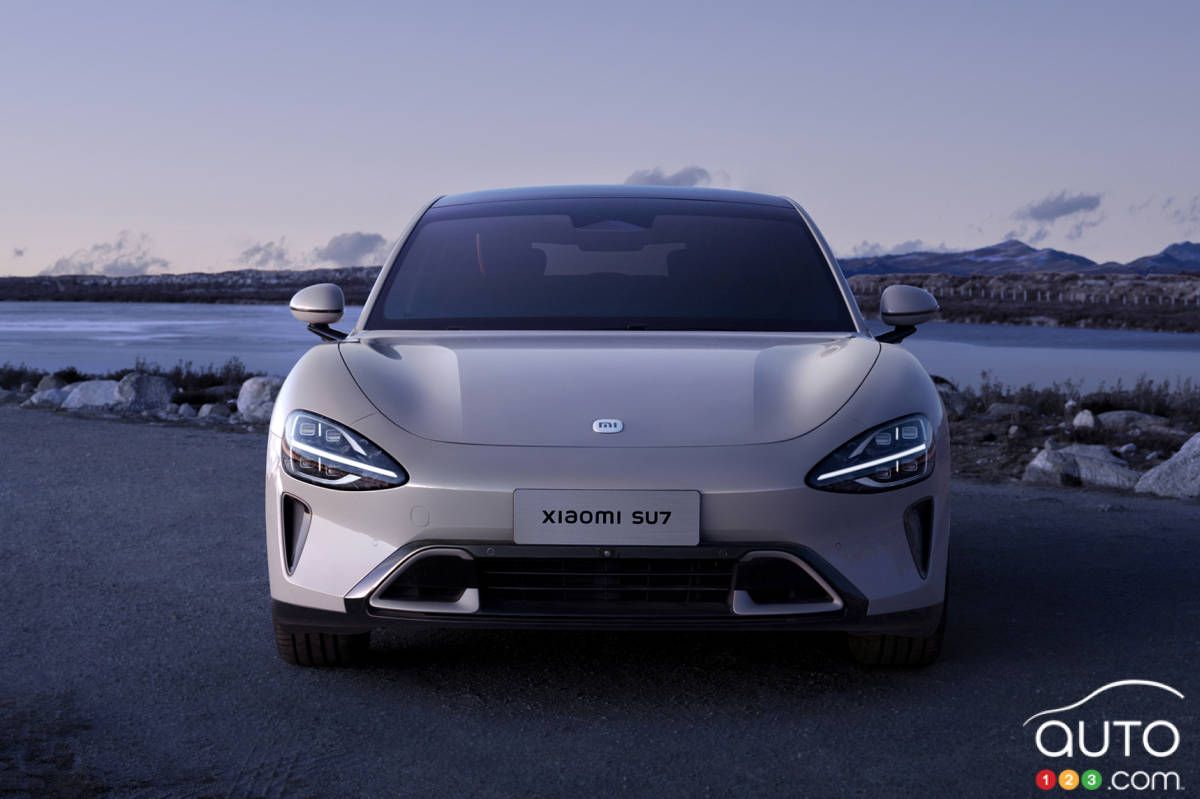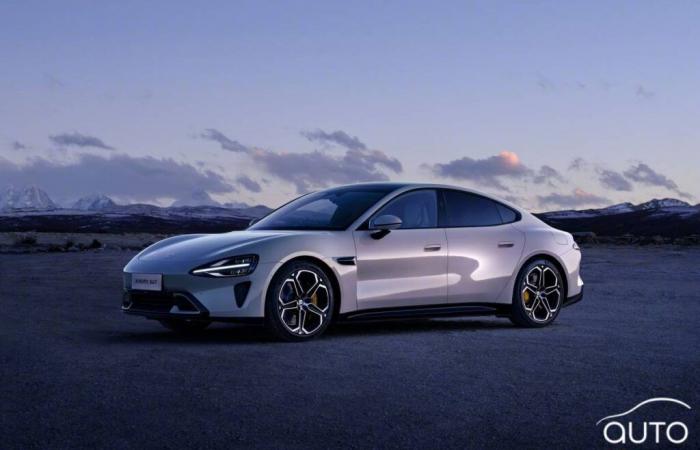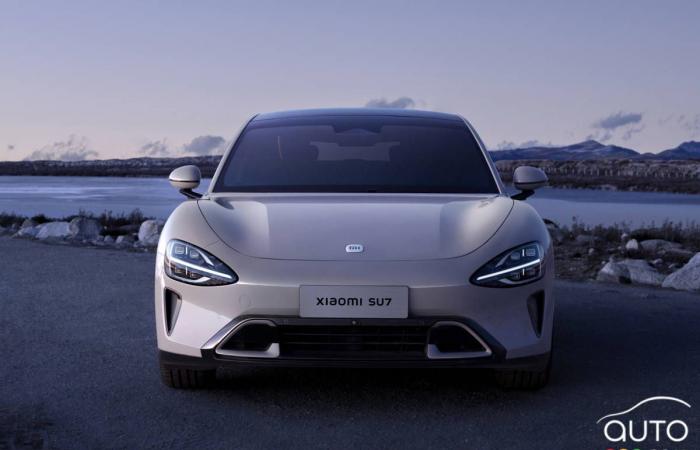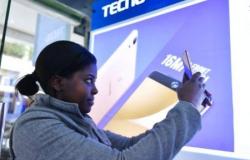• Ford Chairman Jim Farley has been driving a Chinese electric car for months, and he loves it.
This news contains its share of irony, but it demonstrates one thing about Chinese electric vehicles; they are more advanced than most people can imagine.
At least that’s the opinion of Ford’s big boss, Jim Farley. The CEO of the Dearborn manufacturer recently admitted that he has been driving a Xiaomi SU7 made in China for months and that he does not want to stop doing it.
“In the last two years, I made two trips to China which were real revelations. The last one concerned the Xiaomi product. In the West, our cell phone companies don’t have automotive divisions. But in China, Huawei and Xiaomi, the two largest mobile phone companies, are in every vehicle made,” he said in an interview published Monday on the YouTube channel Everything Electric Show, a podcast dedicated to electric vehicles.
Xiaomi, one of China’s largest manufacturers of smartphones and electric scooters, unveiled its first car, the SU7, in late 2023. It received very high demand, the the entire 2024 production having been sold in 24 hours. Currently, people have to wait six months before getting their hands on a model.
“Xiaomi is an industry giant and a consumer brand much more powerful than most manufacturers. I don’t like to talk too much about the competition, but I drive a Xiaomi. We ordered one that went from Shanghai to Chicago and I’ve been driving it for six months now, and I don’t want to part with it,” Farley added.
To clarify his remarks, Jim Farley made a statement on the X platform, explaining why he praised Xiaomi.
“I try to drive every vehicle we compete against. This is what I have done throughout my career. The technical data sheets tell us a lot, but only partially. You have to get behind the wheel to really understand the competition if you want to get ahead of it. »
Jim Farley’s comments add weight to expert analysis that Chinese manufacturers are years ahead of their U.S. and European rivals when it comes to battery technology, software integration, charging and autonomy with electric vehicles.
This is certainly one of the reasons why tariffs have been lifted in North America and Europe on Chinese electric vehicles. Because, beyond their more attractive prices due to government subsidies granted by the authorities there, there is certainly fear that their technology, which could more appeal to buyers, will harm Western manufacturers.
It remains to be seen whether Ford can learn anything from Jim Farley’s experience in order to apply this to the evolution of its electric vehicles.


Original content from auto123.








